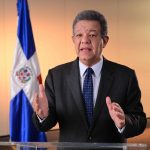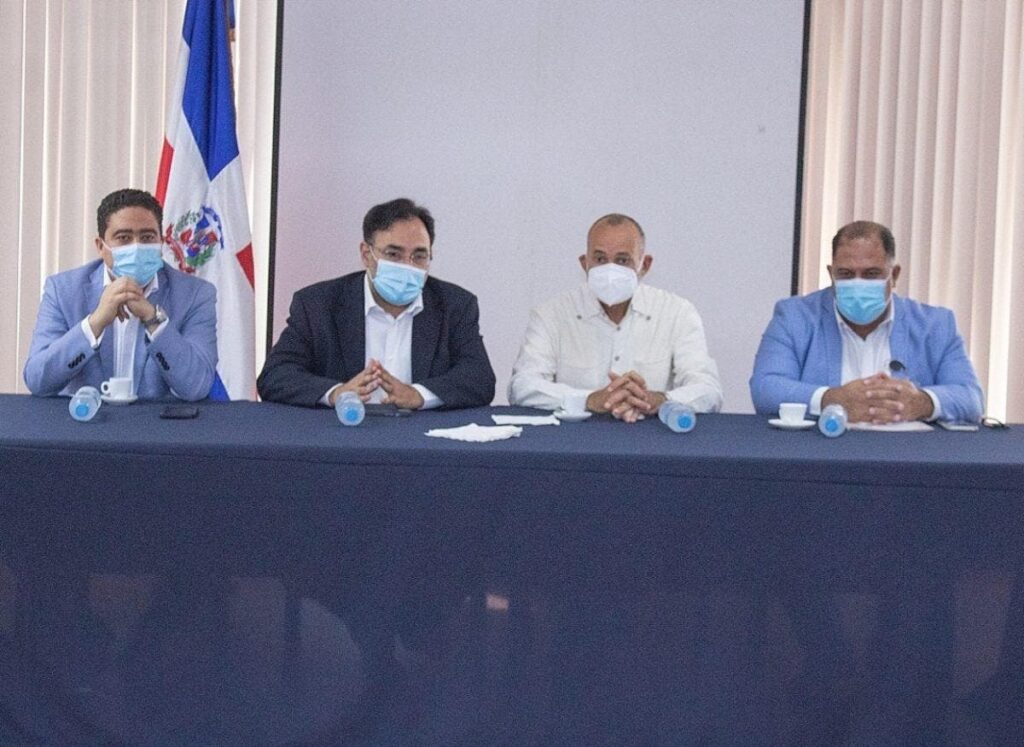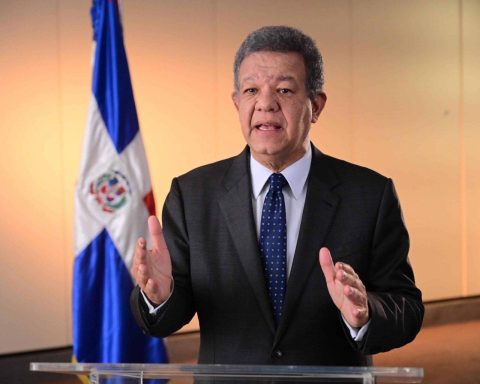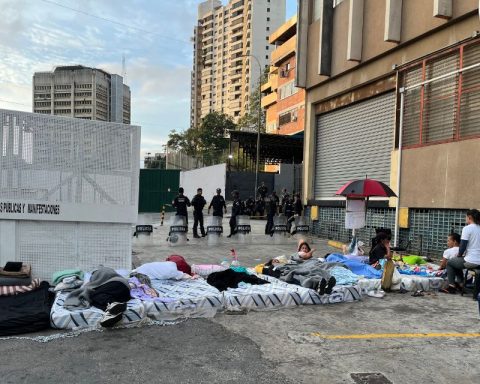At the beginning of September, the government regulated article 167 of the current Budget Law, enabling the Ministry of the Interior to put into practice the hiring of up to 1,000 retired police officers to carry out executive functions. In the first call, there were more than 500 registered when the goal was to fill 180 places, because that is what the budget credit is for.
Retired police officers up to 65 years of age could register through the website of the Ministry of the Interior or at the Police Headquarters of each department from January 17 to 31 of that month to work 30 hours a week. Until Saturday the 29th there were more than 500 registered, sources from the portfolio told The Observer.
According the decree accordingly, these officials They may work in police stations, sub-stations, police sections, detachments, checkpoints or police kiosks in all departmental headquarters. They must fulfill tasks of “observation, prevention, dissuasion and repression and thus avoid the commission of crimes or misdemeanors.”
The income will be defined through an opposition and merits contest by which an order of priority will be established. Those selected will take physical, medical and psychological tests and must also take “updating” courses offered by the National Directorate of Police Education.
The requirements were to have retired before January 1, 2021, to belong to the executive subrank and to be 65 years old as of January 31, 2022. Also present the Certificate of Judicial Record, medical record of physical aptitude and an electrocardiographic study.
They may not have been dismissed or declared dismissed due to a disciplinary sanction or due to physical or mental ineptitude, nor may they have been subjected to an administrative summary with a final sanction for serious reasons. Nor have they been convicted in a criminal case or be subject to trial at the time of hiring.
The selected officials will re-enter the force with the same position with which they left. The contract is for four years, with an option to renew for another two years.
Once hired, they will be subject to all the rights and obligations of an active police officer, andAmong them, the use of a uniform, except for the possibility of carrying out special surveillance functions under the “222 service”. They must fulfill tasks of “observation, prevention, dissuasion and repression and thus avoid the commission of crimes or misdemeanors.” They will also have “relations with the community” functions, whether with neighbors, neighborhood commissions, social organizations or educational centers, and thus “strengthen understanding” with the police.
They will be able to earn, as agents, up to 60% of the salary of an active agent, and they will continue to receive their assets as retired.
Crossroads between the government and the police unions
The use of retired police officers for executive functions had been justified by the then Minister Jorge Larrañaga before Parliament, when the Budget Law was discussed.
The hierarch had questioned the decision of his predecessors to appeal to scholarship holders to perform functions in the sectionals. Larrañaga had also argued that the ministry had 15% of the police force under certification or receiving disability benefits.
Minister Luis Alberto Heber estimated that it would be necessary to fill approximately 1,000 executive vacancies and entrust them to patrol the metropolitan area. To complete more than 180 positions, it will be necessary to wait for the next rendering of accounts, in mid-2022, when the instance for expenses will be generated.
The Association of Officials of the Maldonado Police Headquarters (Sipolma) issued a statement when the decree was published that stated: “The current administration the police intern does not know pretending with this to want to solve the lack of personnel”. “It is an inexcusable mistake to try to reinstate former officials since they completed a cycle in the institution and today they are more than sixty years old”, they added. The union understands that “The Ministry of the Interior takes advantage of the need of retirees in the face of meager pensions” and “reinstalling again the job insecurity in the police field.
The president of the Union of Police Officials of Montevideo (Sifpom), Patricia Rodríguez, spoke in the same vein, saying that enabling retired police officers to resume tasks in the ministry is “unfortunate and of little respect for the retired police officer”. As reported Telemundo of channel 12maintained that although he is not against the measure, in that case “they work under equal conditions as the rest, but charging half or less.”
“It seems to us unfair that they go back to work for an extra percentage when they gave their lives to the institute”, criticized the president, adding that the proposition “cannot be a solution to low pensions”. Coinciding with Sipolma, he pointed out that “police pensions are absolutely submerged.” Sipolma explained that after this decree, he “is betting on the entry of new generations” who “are up-to-date with new technologies.
















